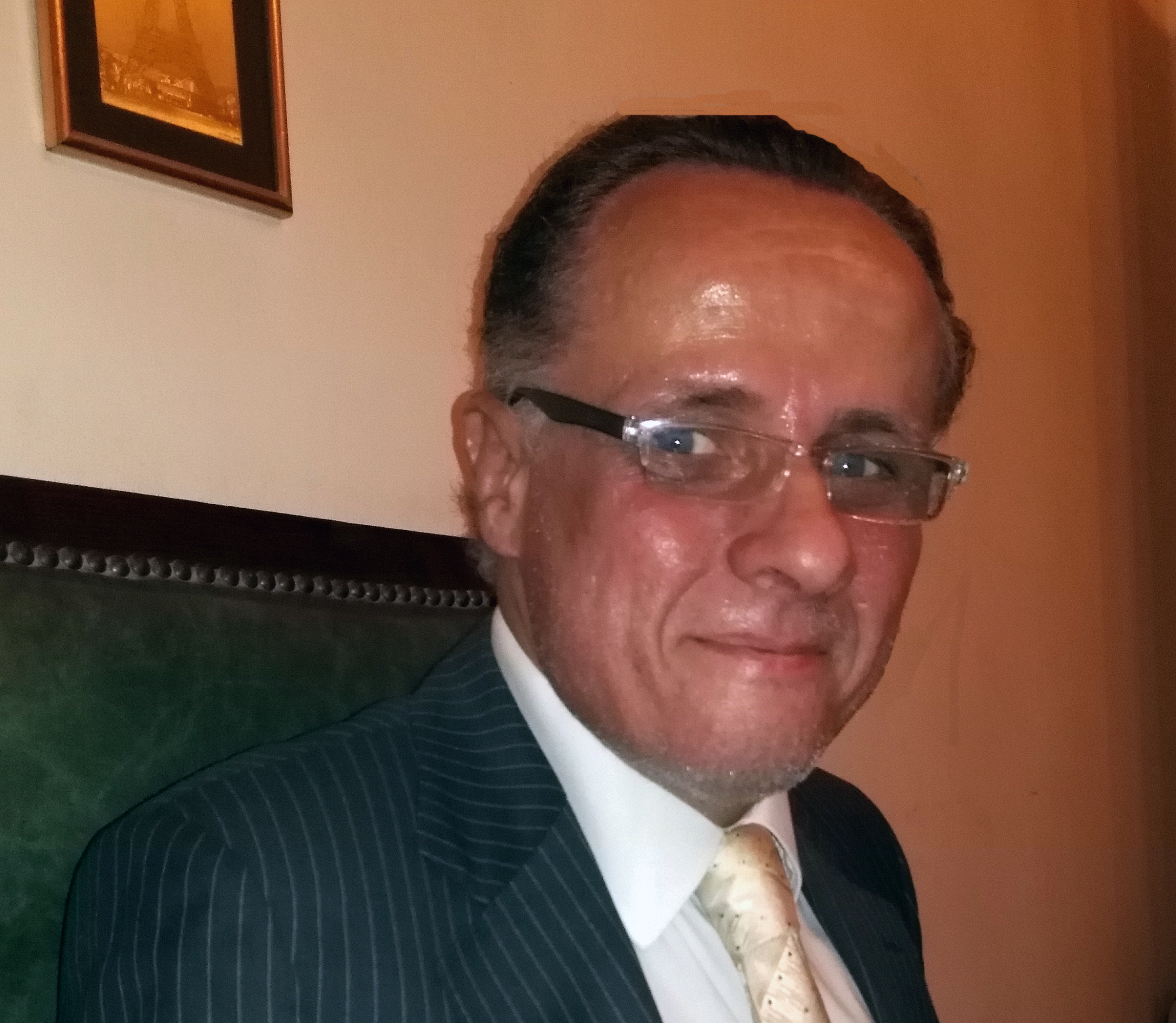‘Stay home’ is the advice I often give to Egyptians who are unable to tolerate the behaviour of their fellow citizens. In Egypt, the moment a citizen steps out of his home, the wide-ranging drama that literally entails an endless list of interactions (with fellow citizens, vehicles, roads, the environment, etc) begins. The direct result is a society that is extremely exhausted, both mentally and physically. Decades of misconduct by the vast majority of Egyptians has led to the false conclusion that misbehaviour is an irreversible Egyptian cultural trait.
Unfortunately, Egyptians’ misbehaviour has expanded to such an extent that it has become a cultural norm, which makes it very difficult for most members of society to even notice their misconduct. The fact that a large amount of the country’s population is poor and illiterate further complicates the issue. Egyptians are not able to notice their wrongdoings because every citizen gives himself the liberty to believe that he is always right and to accuse others of behaving wrongly. Furthermore, being part of an unproductive society results in people with plenty of unwisely used spare time and energy, triggering additional incidences of misbehaviour. Widespread misbehaviour by Egyptians is the outcome of many causes that we need to understand and address.
The Egyptian state often justifies itself by pointing out that it cannot control the attitudes and behaviour of its 91 million citizens, the vast majority of whom are misbehaving. Actually, the mere contemplation of exerting state control over a single person shows that the state is misguided in its handling of this issue. A strict and fair application of the rule of law on a tiny segment of the Egyptian society (inclusive of the regulator) will lead the entire society to compliance.
Some argue that Egyptians are naturally disorganised, unmanageable, and have a tendency to argue about every single issue. While this observation is correct, it does not mean that the phenomenon cannot be confronted. After living for years in our country’s lax environment, Egyptians who live and work abroad probably find it difficult, at first, to abide by the rules and regulations of their respective host countries. Once they are heavily penalised for any misconduct, however, they tend to abide by the host country’s rules to avoid deportation or imprisonment. Human behaviour is adaptable; it can be modified easily by applying and enforcing the rule of law.
Bad behaviour among Egyptians is the clear outcome of a deliberately mediocre state rule that leaves citizens to struggle and fight among themselves on a daily basis. Egyptians are victims of the state’s inefficiency and its corrupt ruling mechanism. Our biggest challenge is the seven million state employees and the repressive state policy that enables them to abuse the rule of law in order to privilege themselves and their associates. The state is not willing to enforce the rule of law, since that would undermine its access to power. Meanwhile, it is happy to turn a blind eye to citizens who break all laws─as long as they do not attempt to oppose the state.
The challenge in Egypt lies in the state’s mentality, which steadfastly refuses to use new methods to govern Egyptians or to seriously consider strictly enforcing laws that could better frame the entire society. The state has adopted a course of action that invalidates the rule of law and endorses a repressive policy─thus making it possible to use more of the latter at the expense of the former. Organising awareness campaigns to prompt citizens to behave better is a waste of money. As long their misconduct is not penalised, Egyptians will continue to break the law and misbehave.
Mohammed Nosseir is a liberal politician in Egypt, and was a member of the higher committee at the Democratic Front Party from 2007 to 2012, and headed the party’s international relations efforts.


